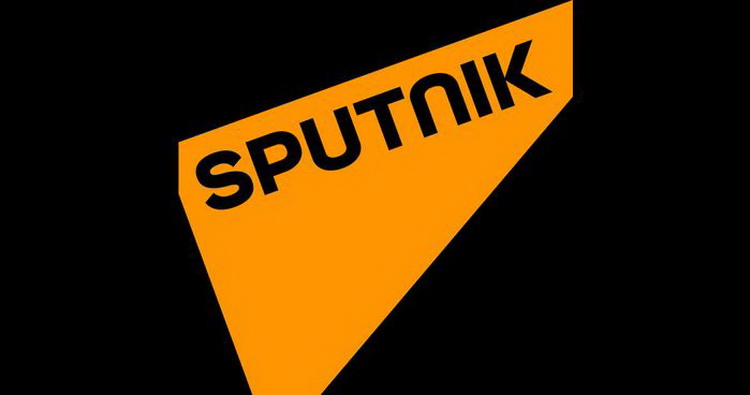Facebook pages from Georgia, former Soviet countries removed for fraudulently boosting Kremlin outlet

The pages taken down by Facebook misled users on their purpose or location of their administrators while boosting the reach of the Sputnik news outlet.
Facebook pages created for Georgia were among nearly 300 taken down by the platform on Thursday for misleading users about their origin and purpose while serving social media reach for Sputnik, a Kremlin media outlet.
An analysis of takedowns by the Atlantic Council's Digital Forensic Research Lab said the hundreds of pages, removed for what Facebook calls "coordinated inauthentic behaviour", included those created for users in the country.
Pages ostensibly created on neutral subjects like "famous Georgians", as well as apparently fake personal accounts, actively shared material from Sputnik, increasing its user reach.
The network of the hundreds of pages spanned across 13 countries including Armenia, Azerbaijan, Georgia, Estonia, Latvia and Lithuania.
In aggregate, [the fraudulent pages] had 853,413 followers. [...] By comparison, Sputnik’s official pages across the same countries amassed 495,947 followers.
The inauthentic network therefore increased Sputnik’s reach by over 170 percent across the countries they covered," DFRLab said in its report.
Pretending to be managed in countries related to their subject themes, some of the pages were in reality run from Russia, according to the analysis.
The pages were also created in patterns that were "statistically improbable", such as the creation of a quarter of them in a single month of October 2017.
They reposted Sputnik content like weather forecasts to increase users for the outlet - which operates "in 31 languages, from Abkhaz to Vietnamese" - and for the video service TOK.
Nathaniel Gleicher, Head of Cybersecurity Policy for Facebook, reported the removal of pages in today's blog post titled Removing Coordinated Inauthentic Behavior from Russia.
The parent company for Sputnik is Rossiya Segodnya (Russian for "Russia Today"), which, according to its charter, serves to "secure the national interests of the Russian Federation in the information sphere". Sputnik editors have denied that the charter applies to their outlet as well.
Facebook's takedown of the pages comes amid the network's recently ramped-up removal of fraudulent pages for "coordinated inauthentic behaviour" and wider work against "fake news" on the social media platform.
 Tweet
Tweet  Share
Share